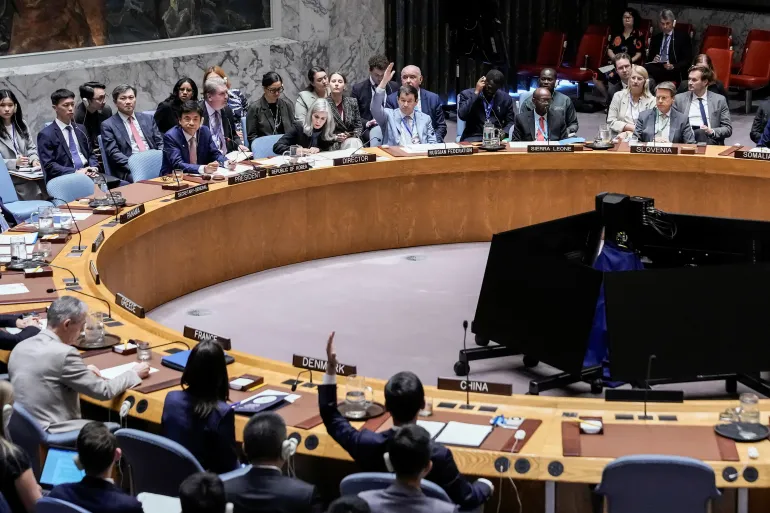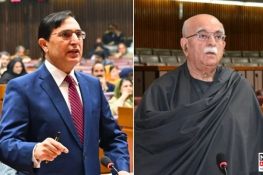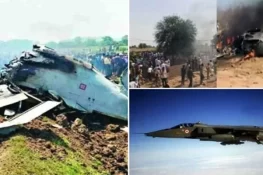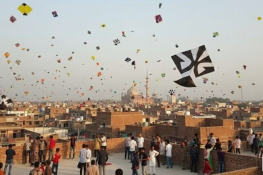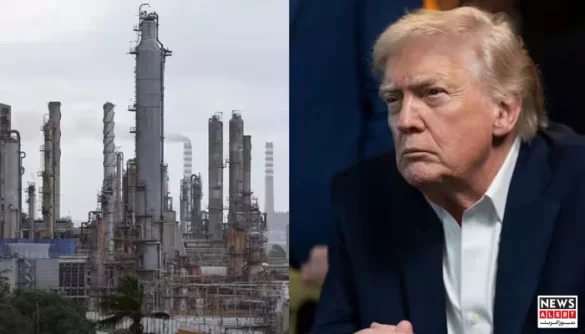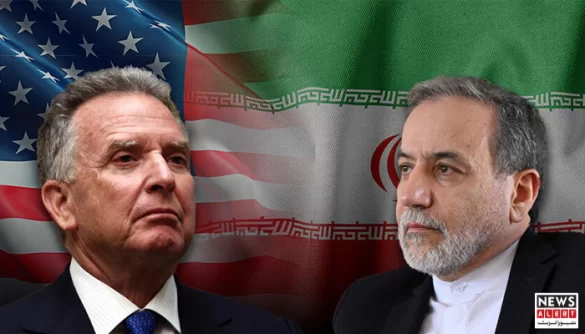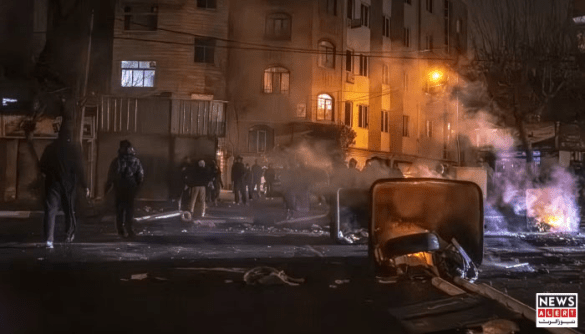Sanctions Reapplied After Alleged Nuclear Deal Violations
The United Nations Security Council (UNSC) has reimposed sanctions on Iran, citing violations of the 2015 nuclear agreement, known as the Joint Comprehensive Plan of Action (JCPOA).
The decision followed pressure from Britain, France, and Germany, who argued that Tehran had failed to uphold its commitments under the accord, which was designed to prevent Iran from developing nuclear weapons.
The reimposed measures are based on earlier resolutions passed between 2006 and 2010, which had been suspended after the JCPOA came into effect. They officially took effect on 29 September at midnight GMT.
The sanctions cover multiple sectors, including:
-
Arms trade and restrictions on weapons imports and exports.
-
Ballistic missile program development.
-
Key defence and economic activities linked to Iran’s nuclear program.
Tehran’s Defiant Reaction
Iran immediately rejected the renewed sanctions, describing them as “illegal, baseless and unacceptable.” The Iranian Foreign Ministry urged the international community not to recognize the measures, declaring that Tehran would respond with a “strong and appropriate reaction” to any move that undermines its national interests.
In protest, Iran has recalled its ambassadors from the United Kingdom, France, and Germany for consultations. However, President Masoud Pezeshkian clarified that Iran has no intention of withdrawing from the Nuclear Non-Proliferation Treaty (NPT), which remains a cornerstone of its international obligations.
Russia’s Strong Opposition
Russia has sided with Iran, labeling the UN’s decision as unlawful. Russian Foreign Minister Sergey Lavrov wrote to UN Secretary-General Antonio Guterres, warning that recognizing these sanctions would be a “grave mistake.”
Moscow’s stance reflects its broader alignment with Tehran in recent years, particularly in the context of increasing geopolitical tensions with the West.
Conditions for Sanctions Relief
European foreign ministers indicated that the sanctions could be suspended for six months if Iran agrees to certain conditions. These include:
-
Allowing International Atomic Energy Agency (IAEA) inspectors full access to nuclear facilities.
-
Providing transparency over uranium stockpiles.
-
Engaging in direct talks with the United States.
The offer represents an attempt to keep diplomatic channels open while maintaining pressure on Tehran.
Washington’s Position
US Secretary of State Marco Rubio stated that President Donald Trump remains open to negotiating a new agreement with Iran, but only if Tehran demonstrates “good faith” by entering direct talks.
Earlier this year, Oman facilitated several rounds of indirect negotiations between Washington and Tehran. However, talks collapsed in June after Israeli and US strikes targeted Iranian nuclear facilities, escalating regional tensions.
The Snapback Mechanism
The newly reimposed sanctions represent a revival of the “snapback” mechanism included in the JCPOA. This provision allowed sanctions to be automatically reinstated if Iran was found in violation of the deal.
The return of these measures is expected to intensify pressure on Iran’s already fragile economy. The country is already under severe US sanctions, particularly targeting its oil exports, banking system, and international trade.
Economists warn that the combined effect of US and UN restrictions could deepen Iran’s economic isolation, further weakening the currency and fuelling inflation.
Outlook: Rising Tensions, Shrinking Options
The developments mark a new escalation in the long-running dispute over Iran’s nuclear ambitions. While Tehran insists its program is purely for peaceful purposes, Western governments remain unconvinced.
With Iran recalling ambassadors, Russia openly opposing the sanctions, and Europe offering conditional relief, the diplomatic landscape is complex and divided.
Analysts suggest that unless all parties return to meaningful dialogue, the risk of further confrontation in the Middle East will remain high.
For Iran, the challenge now lies in balancing domestic resilience against growing international pressure—while navigating a volatile regional and global environment.

